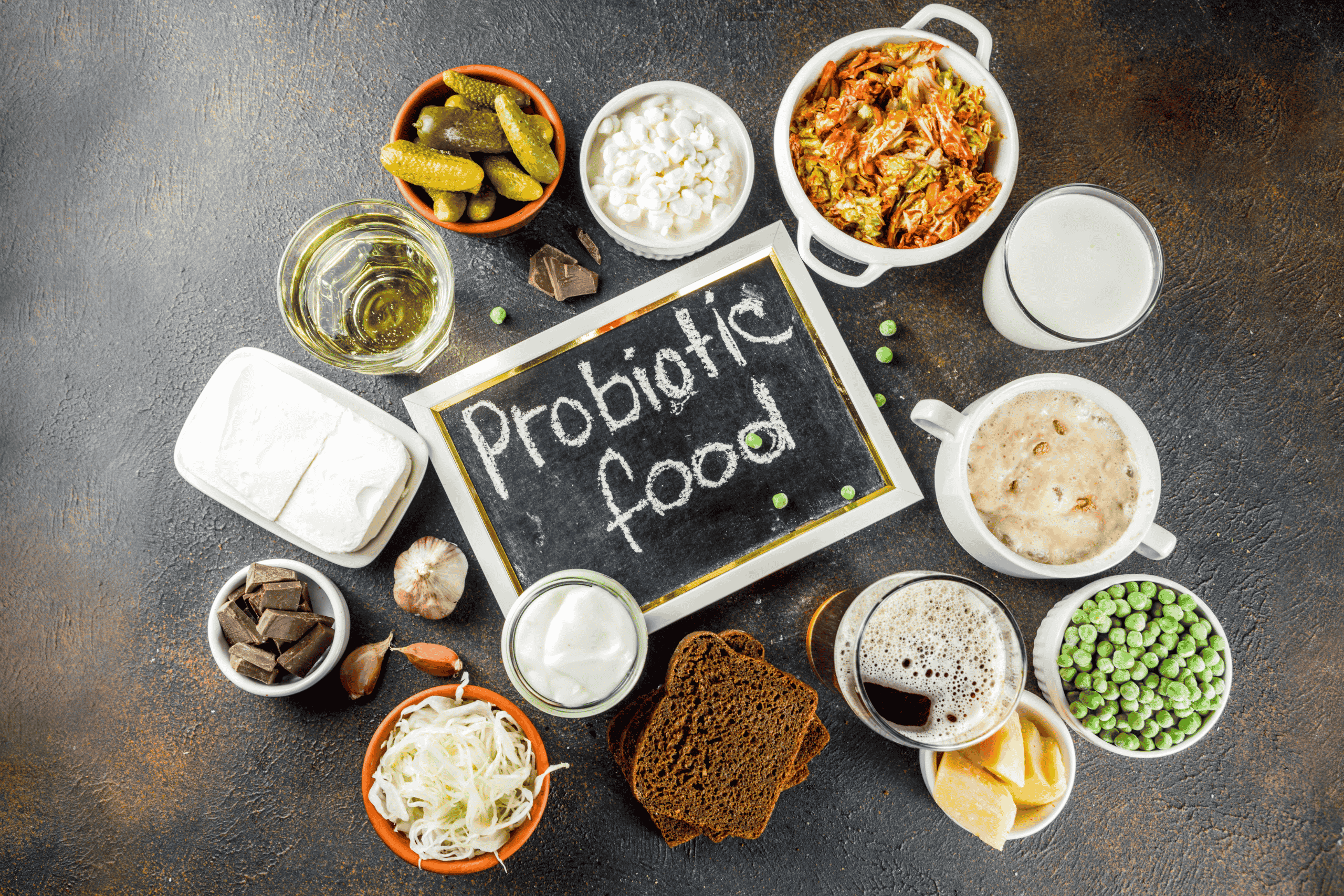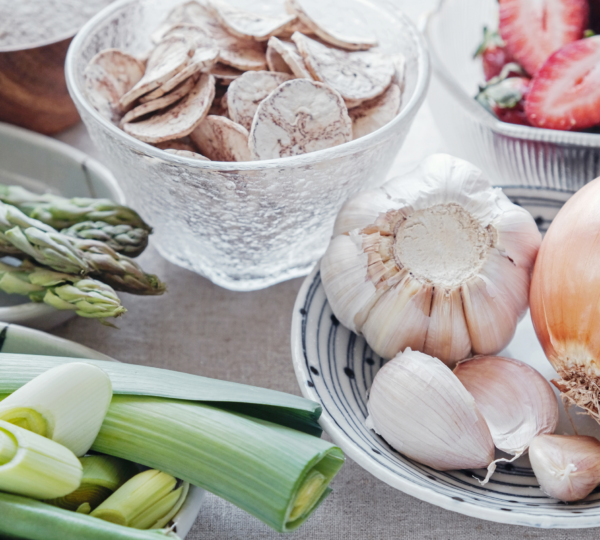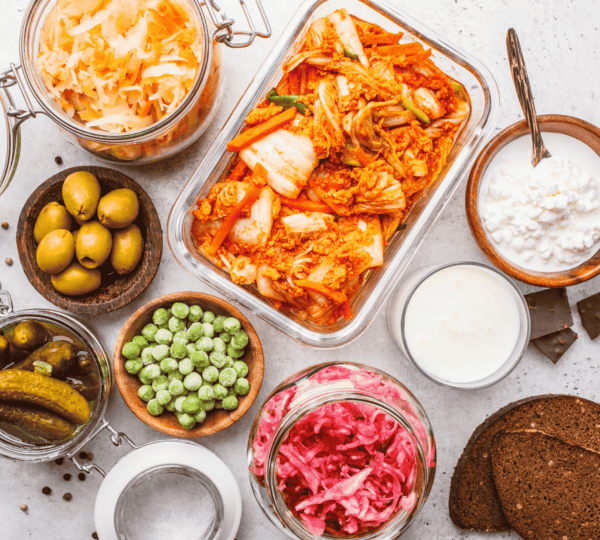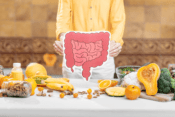
Decoding Gut Health: What Are Prebiotics and Probiotics, and How to Add Them to Your Diet
It was a road trip gone wrong. My friends Lisa and May had planned a weekend getaway, excited to explore the countryside. But somewhere between gas station snacks and questionable diner meals, Lisa’s stomach declared war. Bloating, discomfort, and an embarrassing number of restroom stops later, she found herself frantically searching for remedies. That’s when May, a nutritionist, casually said, “You should really look into prebiotics and probiotics.”
At the time, I heard the story, from Lisa, I thought May was talking about some fancy new health trend. But as I later learned, prebiotics and probiotics are the unsung heroes of gut health, essential for digestion, immunity, and overall well-being. If you’ve ever suffered from digestive issues or simply want to boost your health, understanding these gut-friendly nutrients is a game changer. So, let’s dive into what they are, why they matter, and how you can add them to your diet.
What Are Prebiotics and Probiotics?
Prebiotics are types of fiber that act as food for the good bacteria in your gut. They help beneficial microbes thrive and multiply, creating a balanced digestive system.
Common prebiotics include:
- Inulin (found in garlic, onions, and bananas)
- Fructooligosaccharides (FOS) (found in asparagus, leeks, and chicory root)
- Galactooligosaccharides (GOS) (found in legumes and dairy products)
Probiotics, on the other hand, are live bacteria and yeasts that provide health benefits when consumed in adequate amounts. These friendly microbes help restore gut balance and improve digestion.
Common probiotic strains include:
- Lactobacillus (found in yogurt, kefir, and fermented vegetables)
- Bifidobacterium (found in dairy products and some supplements)
- Saccharomyces boulardii (a yeast used to support gut health)
The Science Behind Prebiotics and Probiotics
Research shows that a healthy gut microbiome influences digestion, immunity, metabolism, and even mental health. According to a study published in Nature Reviews Gastroenterology & Hepatology, prebiotics and probiotics work together to create a thriving gut ecosystem, reducing inflammation and preventing digestive disorders.
Dr. Jane Foster, a gut-brain health researcher, states, “A balanced microbiome isn’t just about avoiding stomach troubles—it can also influence your mood, energy levels, and immune function.” In other words, gut health is about much more than digestion; it impacts overall well-being.
Health Benefits of Prebiotics and Probiotics
- Improved Digestion: Probiotics help break down food, absorb nutrients, and prevent bloating.
- Stronger Immunity: About 70% of the immune system is housed in the gut. A healthy gut microbiome is crucial for a strong immune system, and prebiotics can help support this.
- Enhanced nutrient absorption: SCFAs produced by prebiotic fermentation can improve the absorption of minerals like calcium and magnesium.
- Improved mood: The gut-brain axis is a complex communication network between the gut and the brain. Prebiotics may indirectly influence mood by supporting a healthy gut microbiome.
- Better Mental Health: Studies from Harvard Health suggest that gut bacteria influence serotonin levels, impacting mood and anxiety.
- Weight Management: Certain probiotics like Lactobacillus gasseri may help with weight regulation.
- Reduced Risk of Chronic Diseases: A healthy gut can lower inflammation, reducing the risk of heart disease, diabetes, and autoimmune conditions.
- Reduced inflammation: Probiotics may help reduce inflammation in the gut and throughout the body.
How to Add Prebiotics and Probiotics to Your Diet
Incorporating these gut-friendly nutrients is easier than you think! Here are some simple and delicious ways to do it:
Prebiotic-Rich Foods
- Bananas – Perfect for a morning smoothie or oatmeal.
- Garlic & Onions – Great in soups, stir-fries, and pasta dishes.
- Asparagus – A tasty side dish or salad ingredient.
- Oats – Try overnight oats for a prebiotic boost.
- Chicory Root – Found in some teas and coffee substitutes.
Probiotic-Rich Foods
- Yogurt – Choose varieties with live cultures.
- Kefir – A fermented milk drink packed with probiotics.
- Sauerkraut & Kimchi – Fermented veggies loaded with good bacteria.
- Miso & Tempeh – Great plant-based probiotic sources.
- Pickles (Fermented) – Ensure they’re naturally fermented (not just pickled in vinegar).
- Eat a variety of whole foods: Focus on incorporating a diverse range of fruits, vegetables, whole grains, and fermented foods into your diet.
Start slowly
When introducing prebiotics and probiotics, start with small amounts to avoid digestive upset.
Stay hydrated
Drinking plenty of water is essential for gut health.
Combining Prebiotics and Probiotics: A Synergistic Approach
Combining prebiotics and probiotics creates a synergistic effect, maximizing the benefits for gut health. This combination is often referred to as “synbiotics.” The prebiotics act as fuel for the probiotics, helping them thrive and colonize the gut more effectively.
For example, a banana smoothie with yogurt makes a powerful gut-friendly combo.
Are Prebiotic and Probiotic Supplements Necessary?
While food is the best source of nutrients, supplements can help if you struggle to get enough prebiotics and probiotics.
When to consider supplements:
- If you have frequent digestive issues like bloating or constipation.
- After taking antibiotics, which can wipe out good gut bacteria.
- If you follow a restrictive diet that lacks fermented foods.
What to look for in a supplement:
- Contains multiple strains (e.g., Lactobacillus and Bifidobacterium).
- Has at least 10 billion CFUs (colony-forming units) per serving.
- Includes prebiotics like inulin or FOS for better effectiveness.
Common Myths About Prebiotics and Probiotics
- “Probiotics are all the same.” – Different strains have different benefits! Lactobacillus strains aid digestion, while Bifidobacterium strains improve immunity.
- “You only need probiotics after antibiotics.” – While antibiotics do disrupt gut bacteria, probiotics are beneficial for daily gut health maintenance.
- “Fermented foods always contain probiotics.” – Not all fermented foods have live bacteria. Pasteurization kills probiotics, so check labels for “live and active cultures.”
Final Thoughts
Your gut is home to trillions of bacteria that influence everything from digestion to mental health. By adding prebiotic and probiotic-rich foods to your diet, you can enhance gut health and overall well-being. Whether through food or supplements, nourishing your microbiome is a step toward better health. And next time you’re on a road trip, you might just thank your gut for keeping things smooth!
References
- Harvard Health Publishing. The Gut-Brain Connection. Retrieved from Harvard.edu
- Nature Reviews Gastroenterology & Hepatology. The Role of Gut Microbiota in Health and Disease.
- Mayo Clinic. Probiotics and Prebiotics: What You Need to Know. Retrieved from MayoClinic.org












